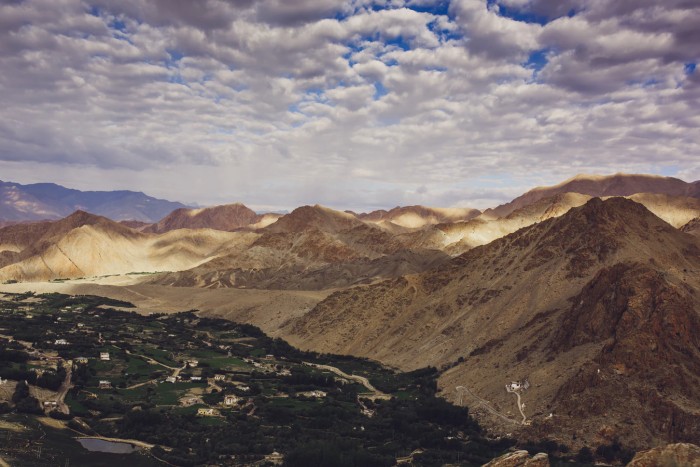
In a weak democracy like Pakistan, coverage of military, conflict events is highly reliant on military sources that are less accountable to the general public than they are in strong democracies, a new study shows.
Hussain Shabir, of Bahria University Islamabad, studied the press response to four different events in Pakistan. The events studied were the Salala check post attack in 2011, where NATO forces engaged in a skirmish with Pakistani forces; military aid to Yemeni conflict in 2015; Kashmir conflict in 2019; and a tenure extension given to an army chief in 2019-2020.
The newspapers in question were English-language Dawn and Urdu-language Jang, both Pakistani. Dawn has mostly elite readership, while Jang is the largest daily newspaper in the country. A total of 468 stories were studied.
The frames of the events
Overall, the results were mixed. Events yielded different frames in newspaper coverage.
The Salala attack had the following frames: (a) “Condemnable act”, (b) “Pak´s sacrifices in the war”, and (c) “US hypocrisy”.
Yemeni military aid yielded the following: (a) “Emphasis on Neutrality” (b) “Responsibility of the Muslim Ummah” (c) “dialogue the only panacea”. The coverage here had critical elements and was ambiguous.
The ongoing conflict with India on Kashmir´s status had these frames: (a) “Regional instability” (b) “sufferings of Kashmiri people” (c) “active US’s role sought.
Lastly, the tenure extension had these frames: (a) “Need of the hour” (b) “legality of extension” (c) “implications for democracy”. This event then had critical coverage, being related to civil issues and democracy
Less critical coverage, when the press must rely on powerful military as a source
The findings, combining frames, slants, and the subsequent analysis by Hussain, show in Pakistan, the coverage of conflicts was highly reliant on military sources. This explains the relative lack of critical coverage on the purely military event such as the Salala check point attack, it was sudden and media had to rely on military sources.
On the other hand, the participation in Yemeni conflict, being more continuous in nature yielded more critical coverage. The unpopular extension had some critical elements, but was balanced by the “need of the hour” frame, which was positive.
“This study signifies that the press in Pakistan exhibits independence when there is policy ambiguity and when the military is not involved. Further, media independence is related with the nature of military engagements”, the author concludes among other findings.
The article “Analyzing media–government relations on policy issues in the semi-democratic milieu of Pakistan” was published in Journalism. (Free abstract, limited access).
Picture: brown mountain under cloudy sky during daytime by Rish Agarwal, license Unsplash